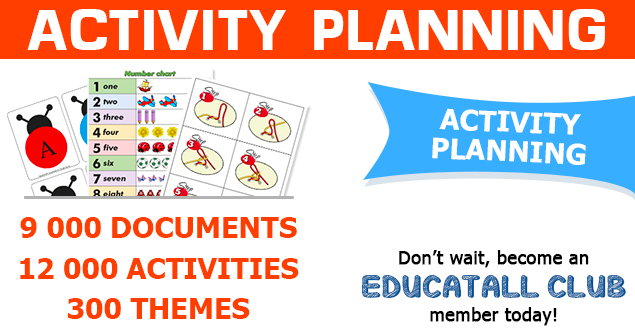
Children understand long before they can speak
For children, language involves many spheres including expression and comprehension. These develop simultaneously and involve a precise series of steps. Long before children pronounce their first word, they can understand many. Very quickly and at a very young age, children develop the ability to understand simple instructions relating to daily routines as well as a few concrete words. For example, 6-month-olds can turn their head when they hear their name. Gradually, around the age of 8 or 9 months, children begin to associate different words with their meaning. Around 10 months, it is estimated that children understand approximately 50 words. They will speak their first words around the age of 12 months. At first, they will say familiar words that are easy to pronounce.
Often children will turn their head when they hear their name, become excited when they hear the word "milk", or wave when they hear someone say "goodbye". They may also hand you an object they are holding if they hear you say "no". These are all positive signs that indicate children are beginning to develop comprehension skills.
Slowly, the concepts surrounding a variety of words will become clear as children develop and associate a mental image with them. Once a concept is understood, they will begin to use it to express themselves. At first, their pronunciation may be unclear or difficult to understand, but slowly, they will master a wide range of sounds, one step at a time.
Pay close attention to children's ability to understand and comprehend your words, since it will represent the foundation necessary for them to master language skills. If children experience difficulties at this level, there could be a significant impact on the development of language skills in the future. There are a few signs that may indicate a problem. If a child does not turn his head when you call out his name or doesn't seem to understand simple instructions surrounding daily routines or familiar words by his first birthday and you are worried, discuss the situation with his parents. Together, determine if an evaluation by a speech-language pathologist could be helpful.
At this age, language activities are quite simple. Since group activities are not possible, focus on daily interventions to foster language development. Here are a few recommendations.
- Be sure to use simple and clear instructions.
- Explore picture books. Point to one object at a time and name them. Even if children don't repeat the words, they are slowly establishing a connection and building concepts they can use in the future.
- Play peek-a-boo games, encourage children to wave to their parents while saying "goodbye" as they leave, have fun congratulating them for little successes by clapping and saying "good job". The more you repeat simple activities, the easier it will be for them to integrate and understand various concepts.
- Repeat the same instructions often, using the same words. Keep in mind that children learn through repetition.
Maude Dubé, Specialized educator

 Home
Home Theme activities
Theme activities
 Babies and toddlers
Babies and toddlers
 Arts and crafts
Arts and crafts
 Science
Science
 Creative recipes
Creative recipes
 Tips and tricks
Tips and tricks
 Special needs
Special needs
 Extra activities
Extra activities
 Educ-TV
Educ-TV
 Newsletter
Newsletter  Online store
Online store Educatall club
Educatall club

